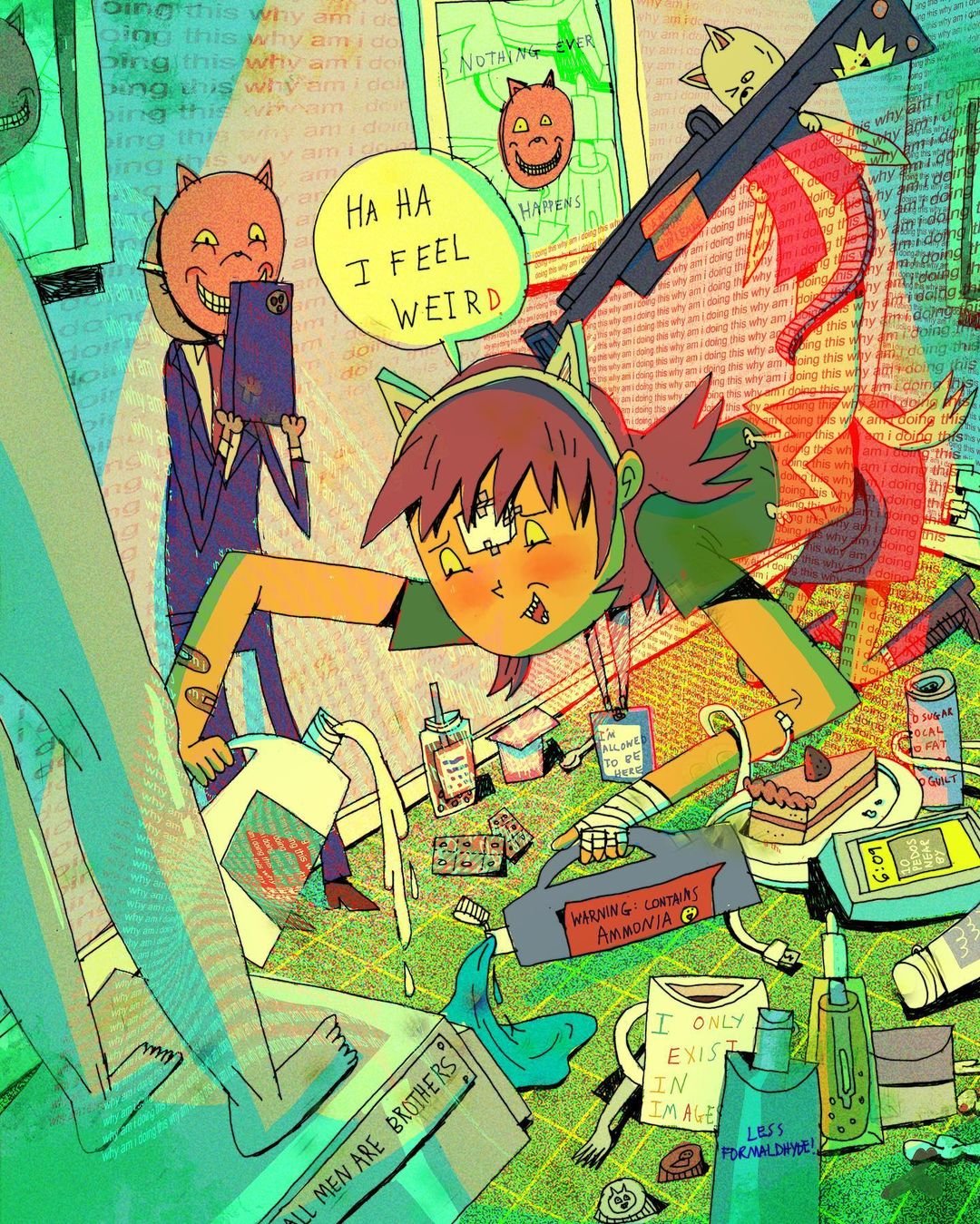Why Yaeji Is a Pioneer in Contemporary Electronic Music

In 2017, our senses were bombarded with the bliss that provoked “raingurl” by Yaeji. The dance tune quickly became everyone’s go-to when passed the AUX cable, and in all fairness, still is.
Yaeji is a South Korean-American artist and she spent her childhood in the US, South Korea, and also Japan for a short time. This constant moving isolated her as she grew up, but rewarded her with an untemperamental open mind, and an unwavering tie to music. Moving back to the US as a young adult, she found the threads that led her to a career in music through raves, DJs of New York, and college radio. The world has since ravenously devoured all releases from her humble debut on SoundCloud until now.
It would be false to say that Asian music isn’t popular in the West. K-Pop and Bollywood songs are at the top, to say the least, but Asian musicians of the West have less of this spotlight, especially women, femmes, and everyone under the queer umbrella. Yaeji has therefore been a beacon for inclusivity and overall vulnerability as, not only has she been intensely delicate and sensitive in her lyrics, but also remained outspoken about the difference in the trauma that each and one of us foster.
The lighthearted optimism and domestic melancholia in her songs layer harmoniously with her minimalist electro sounds, but don’t mistake the bittersweet bounce as unconditional glee. Exploring angst and doubt within these dancey beats, Yaeji talks about forgiving and healing, which is almost natural in accord with the soothing power of her voice. Ethereal and upbeat, Yaeji is the face of this uprising movement highlighting Asian femmes in the West changing the techno and pop scene.
Incorporating lo-fi, her real-life friendships, true love, authenticity, and opalescent cloud-like vocals, Yaeji is her own genre. Hypnotically switching from rapping in Korean and singing in English, it’s no wonder why she’s such a role model.
About the Author:
Mizuki Khoury
Born in Montreal, based in Tokyo. Sabukaru’s senior writer and works as an artist under Exit Number Five.





